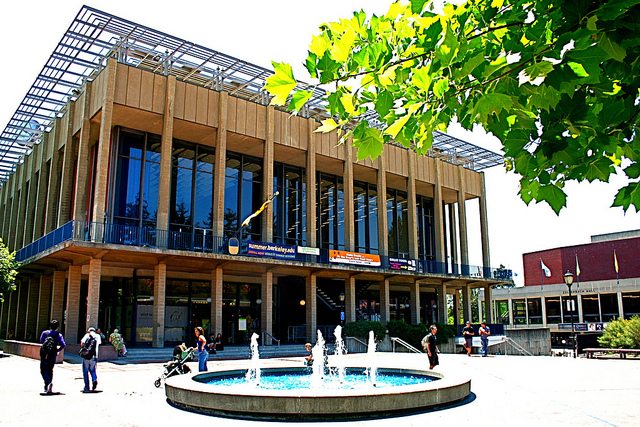US student visa rules tightened
Student immigration and student exchange to the US may be affected by recent immigration bill amendments to tighten US student visa rules.
In May this year, the US Senate Judiciary Committee amended the immigration bill in reaction to the Boston Marathon bombings.
The committee members agreed to clamp down on student visa fraud.
According to the US Embassy in London, “the United Kingdom was in the top five countries of origin among exchange visitors [to the US]”.
An amendment that passed removed a 30-day grace period to allow students to correct their status when their visa was terminated.
“This will plug a loophole in the tragic Boston Marathon bombings,” said Charles Schumer, Democratic New York senator.
The amendment was made in response to Azamat Tazhayakov’s case, a criminal involved in the Boston bombing who had been allowed into the US in January even though his student visa had expired.
Another amendment would impose stricter penalties for educational institutions engaged in student visa fraud and tighten requirements at flight schools, like those used by the September 11 hijackers.
Other amendments to the immigration bill involved tougher border control and new guest-worker programs which would take away a 13-year pathway to citizenship for about 11 million people living in the US who overstayed visas or entered illegally.
Ali Mortlock, a second-year Psychology undergraduate, is considering studying a postgraduate degree in the US after graduating.
She said that the tightened student visa rules would “probably not [deter me from studying in the US] as I would plan to leave after my visa expires.”
Ms Mortlock, however, had no plans to live and work in the US. She said that she wanted to study in the US “because they have a really good university [Stanford] for my subject.”
When asked whether or not the tightening of student visa rules can be justified, she answered: “If it’s an anti-terrorism act, it makes sense. But if the reason is because they are trying to stop bombings, then not really.”
Siobhan Brennan, second-year English Literature undergraduate commented: “As a student who’s interested in taking a year abroad in America next year, I think these restrictions are a bit harsh.
“I don’t think it will deter anyone from going, but it would probably be a lot of unnecessary hassle to a lot of students who haven’t done anything wrong.”
There were also debates on whether or not immigrant workers would be beneficial or harmful to the economy as they could impact wages and incur costs to taxpayers.
Deborah MacLean, a spokesperson for the US Embassy in London, commented: “International students are important to the United States and international education is one of our largest industries. The flow of international students into the United States bridges cultural gaps, facilities cultural interaction, and contributes to overall global awareness and good will.
“The U.S. government is committed to facilitating the legitimate travel of individuals who want to study at U.S. academic institutions and is promoting international education by increasing transparency and efficiency in the visa application process, and by expanding consular operations overseas…”
From 1 October 2011 to 30 September 2012, 82 percent (497,044) of student visa applicants and 94 percent (313,424) of exchange visitors were issued visas to the US.

Comments